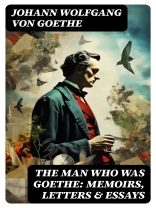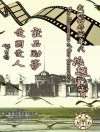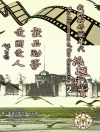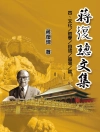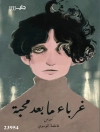In ‘The Man Who Was Goethe: Memoirs, Letters & Essays, ‘ Johann Wolfgang von Goethe presents a profound exploration of his inner landscape through an eclectic mix of personal reflections, letters, and philosophical essays. The text is characterized by its lyrical prose, melding autobiographical narrative with contemplative musings on art, nature, and the human experience. Set against the backdrop of the Sturm und Drang movement and the burgeoning Romantic era, Goethe’s work stands as a testament to the tensions of enlightenment thought and emotional depth, providing readers with a nuanced portrait of a man deeply engaged with the complexities of life and creation. Goethe, a polymath spanning poetry, drama, philosophy, and science, was significantly influenced by his experiences in Weimar and the cultural currents of his time. His extensive correspondence reveals not just his intellectual pursuits, but also his personal struggles and relationships, which shaped him as an artist and thinker. A key figure in German literature, his inquiries into human nature and existence resonate through his varied works, making this collection particularly insightful for understanding his philosophical evolution and artistic commitments. For readers seeking to delve into the mind of one of history’s greatest literary figures, ‘The Man Who Was Goethe’ offers a rich tapestry of thought and emotion. This collection is essential for those interested in the intersection of personal experience and artistic expression, illuminating the life of Goethe while shaping the broader context of European literature. Engage with this compelling narrative and discover the profound insights that continue to influence generations of writers and thinkers.
लेखक के बारे में
Johann Wolfgang von Goethe (1749-1832) stands as a towering figure in world literature and German intellectual history. His contributions span poetry, drama, literature, theology, humanism, and science. Born in Frankfurt, Goethe’s early work, ‘The Sorrows of Young Werther’ (1774), captured the Sturm und Drang (Storm and Stress) movement’s spirit, appealing to the emotional sensibilities of the time and establishing him as a celebrated author at a young age. Goethe’s magnum opus, ‘Faust, ‘ which he worked on throughout his life, remains a seminal text in exploring human fallibility and the search for knowledge and enlightenment. His oeuvre extends beyond pure literature, as seen in ‘The Man Who Was Goethe: Memoirs, Letters & Essays’ which compiles his biographical insights and intellectual correspondence that enlighten his character and the diverse interests that fueled his creativity. His literary style seamlessly blends classical motifs with individual expression, and his works often reflect his quest for understanding and the synthesis of art and life. As a statesman and prolific writer, Goethe’s legacy also encompasses his influence on the Weimar Classicism movement, his extensive scientific inquiries, particularly in optics and morphology, and his enduring impact on various philosophical strands, including existentialism and humanism. His work not only shaped German literature but also profoundly affected the literary canon of Western culture.
